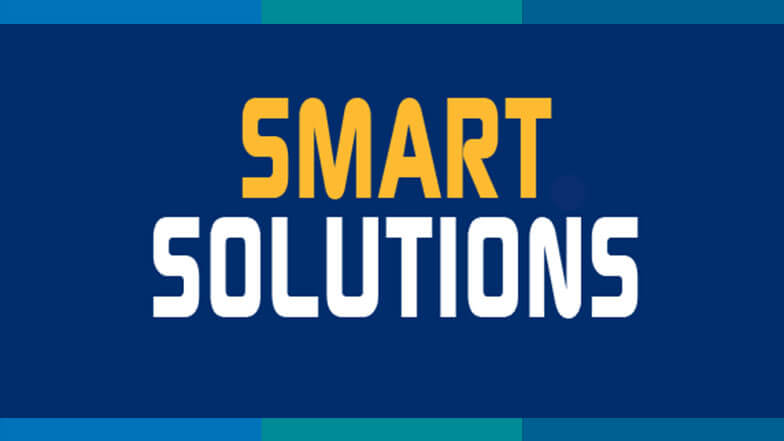UA General President Bill Hite and MCAA President Steve Dawson submitted joint UA/MCAA comments on the Department of Labor’s new broad non-discrimination and affirmative action requirements for federal and state registered joint apprenticeship and training programs.
Marking yet another positive and constructive advance in joint UA/MCAA public policy advocacy during the Hite Administration, the joint comments advise the Department of Labor (DoL):
“The UA and the MCAA share the Department’s commitment to ensuring that apprenticeship and training and job sites where UA apprentices and journeypersons’ work are free from discrimination. The UA/MCAA further believe that all applicants for admission to the UA/MCAA apprenticeship program should be treated fairly and evaluated on their ability, skill, and potential to successfully complete an apprenticeship program, and not on their race, ethnicity, age, gender, gender identity, or disability.”
The comments then present a detailed analysis of the many potentially severe unintended consequences that the proposed rules’ assumptions may present for the sustainability of the registered apprenticeship training model; for instance, the broad assumption that any program that doesn’t perfectly match the racial, ethnic, and sexual identity of the Census data for the corresponding recruitment area is then suspected of tolerating discrimination or other barriers to the entry of “underutilized” populations of potential recruits.
The comments rebut that assumption with a number of factual statements and a test case showing that an applicant’s interest in the employment opportunity, the nature of the work and the skills, training and certifications required are the primary influences on whether individuals in a particular Census category choose to seek entry into apprenticeship programs.
The comments also contest the underestimated paperwork costs and the fiduciary questions trustees may face if the compliance costs outweigh the benefits to the program in particular areas.
The UA/MCAA comments ask the DoL to suspend the rulemaking or withdraw the proposed rules and engage in further fact-finding to avoid the potentially severe unintended consequences that seem to have been overlooked in the initial proposal.



